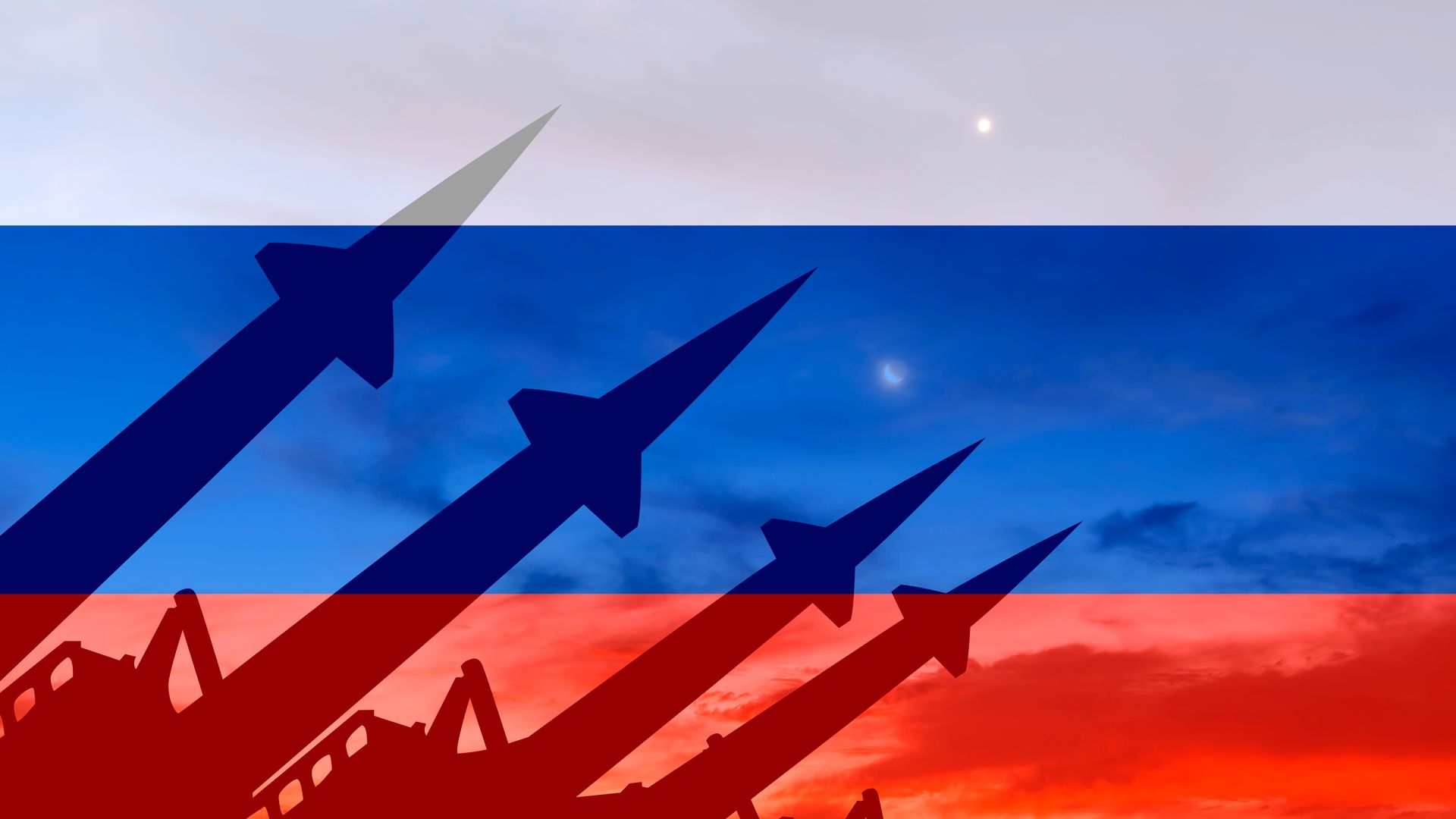
[LAUREN TAYLOR]
THERE’S GROWING CONCERN OVER RUSSIA’S NUCLEAR ARSENAL.
MOSCOW HAS SET UP A NUCLEAR-CAPABLE ISKANDER MISSILE BRIGADE NEAR THE BORDER OF FINLAND, A NEW NATO MEMBER.
THE MOVE STOKING FEARS OF A WIDER REGIONAL CONFLICT.
AS NATO CONSIDERS ITS OPTIONS, POLAND’S PRESIDENT IS OFFERING HIS COUNTRY TO HOST NUCLEAR WEAPONS FROM FELLOW MEMBERS. HE NOTED TALKS ABOUT NUCLEAR COOPERATION BETWEEN THE U.S. AND WARSAW HAVE BEEN ONGOING FOR “SOME TIME..”
THE NATO ALLIANCE SEES RUSSIA’S MISSILE BUILDUP NEAR THE BORDER AS A DIRECT THREAT TO THE SECURITY AND INTEGRITY OF THE REGION.
MOSCOW’S ESCALATORY MOVE ALSO COMES AS A NEW AID PACKAGE FOR UKRAINE WAS APPROVED BY THE U.S. HOUSE.
NEARLY $61 BILLION.
THE RUSSIAN FOREIGN MINISTER ACCUSED THE U.S. AND NATO OF PUSHING FOR A “STRATEGIC DEFEAT” OF MOSCOW.
HOWEVER, THE KREMLIN CONTENDED NEW U.S. MILITARY AID WILL NOT CHANGE THE OUTCOME OF THE WAR IN UKRAINE…
WHERE RUSSIA SAYS IT HAS THE UPPER HAND.
A KREMLIN SPOKESPERSON CLAIMS THE AID “WILL LEAD TO NEW VICTIMS ON THE UKRAINIAN SIDE.”
ON SUNDAY, UKRAINIAN PRESIDENT VOLODYMYR ZELENSKY PUSHED FOR WASHINGTON TO FINALIZE THE AID TO UKRAINE AND GET MORE WEAPONS TO THE UKRAINIAN MILITARY.
HE SAID:
I THINK THIS SUPPORT WILL REALLY STRENGTHEN THE ARMED FORCES OF UKRAINE AND WE WILL HAVE A CHANCE FOR VICTORY.







